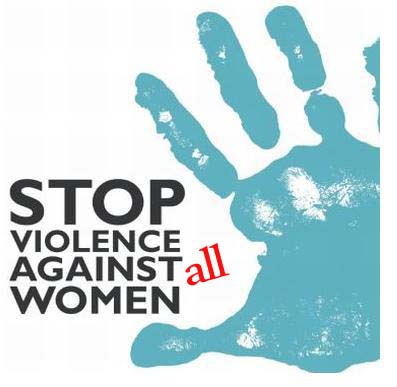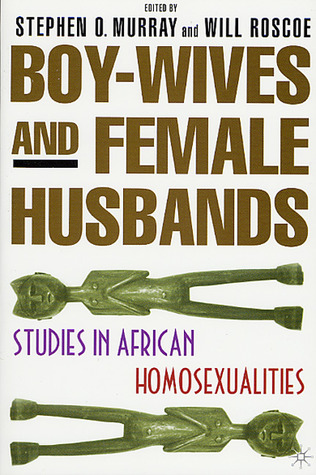The African Union Protocol on the Rights of Women is the first comprehensive legal framework for women’s rights in Africa that seeks to "improve on the status of African women by bringing about gender equality and eliminating discrimination." Except, it doesn't explicitly name protections for LGBT African women. Moreover, Liberia…
-
African Feminism - Afrofeminism - Blog - Gender and LGBT Issues - International Development - LGBT Africa - Philanthropy - Social Commentary
-
Afrofeminism - Blog - Film - Gender and LGBT Issues - LGBT Africa - Media - Race, Culture, Ethnicity - Social Commentary - Special Series
Racism and LGBT Rights: Where are the African Films in the South African LGBT Film Festival?
South Africa's 19th Out in Africa LGBT Film Festival opens this weekend and there is certainly no shortage of films about women, quite an achievement to note given how often the LGBT community is depicted as male. Yet, within the context of Africa, the LGBT community is also frequently perceived…
-
Ugandan LGBT Activists Sue American Evangelist for Inspiring “Kill the Gays” Bill
Scott Lively is one of three American pastors who visited Uganda in 2009 and whom gay activists accuse of helping draft the original version of Uganda’s infamous “Kill The Gays†bill, which called for the death penalty for LGBT people in the country. So now, Sexual Minorities Uganda, a non-profit…
-
3-10 Women Arrested for Being Lesbian in Cameroon: Gender Bias in Anti-Gay Prosecution
Recently, BBC news reported that three women -- allegedly involved in a love triangle -- in Cameroon have been arrested on suspicions of practicing homosexuality. According to the Washington Post, homosexuality is considered criminal in Cameroon and punishable by a jail sentence of six months to five years, plus a…
-
Africa, Make Up Your Mind: Kenya Expels Girls for “Lesbianism,” Permits Same Gender Marriage Between Older Women
Homosexuality may be outlawed in Kenya but there is a long tradition among some communities of women marrying each other. In recent news stories, twelve Kenyans girls are suspended for “lesbianism†while older women are allowed to marry, and even inherit property from their deceased spouses. This presents quite a…
Online rulet oyunları gerçek zamanlı oynanır ve online slot casino bu deneyimi canlı yayınlarla destekler.
İnternet üzerinden eğlence bahsegel giriş arayanlar için deneyimi vazgeçilmezdir.
Kullanıcıların hesaplarına hızlı ve sorunsuz bettilt ulaşabilmesi için adresi her zaman güncel tutuluyor.




